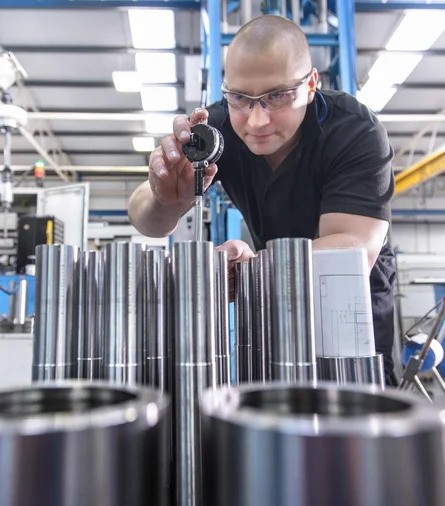Tubular components are present in many sectors of manufacturing, but their design and specification vary enormously according to the intended application. In some industries, such as aerospace and medical instrumentation, tubes require machining to incredibly tight tolerances. Inaccurate machining can result in high reject rates, material losses and poor component function which, in some circumstances, can endanger end users.
Hone-All has over two decades of experience in machining high-precision tubular components. By combining expertise with the latest equipment and tools, the company says it can meet exacting specifications to achieve high surface finishes and tight tolerances for tubes up to 3 m in length.
According to Hone-All, among the challenges of machining tubular components is concentricity. In simple terms, concentricity is the measure of wall thickness consistency along the length of a tubular component. To calculate this characteristic it is necessary to measure the difference between the inside and outside diameters of the tube at different points along its length relative to the central axis.
When carrying out deep-hole boring to achieve a thin wall, it is important to start with a larger diameter material and then bore and turn gradually in stages. This approach reduces movement in the material which can lead to inconsistent concentricity and compromised tolerances. While there is a minimum wall thickness associated with deep-hole boring, Hone-All says it can achieve incredibly thin walls while maintaining concentricity.
Customers should note that it may be necessary to invest a little more initially, but this will be worth it in the long run, as the results will include less wastage and more accurate components. In turn, customers will enjoy longer, more reliable performance – saving more over time.
More information www.hone-all.co.uk















